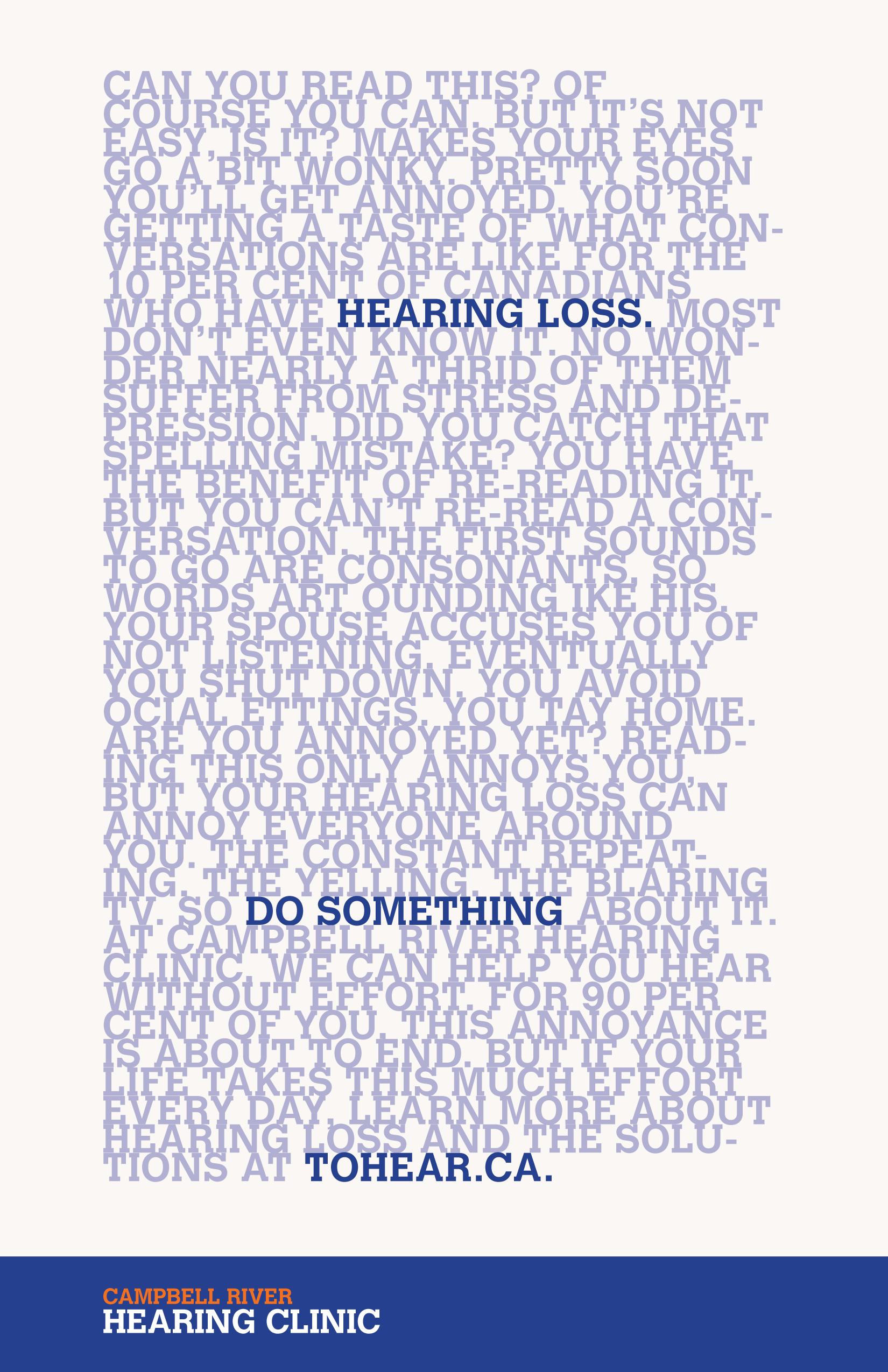Here’s what to do if you suspect a loved one has hearing loss
Hearing loss is different from other disabilities in that it is invisible.
The fact remains, however, that hearing loss is indeed a disability. People living with it deserve to be treated with respect, support and compassion.
If you’re concerned about a loved one’s hearing, your feelings likely run the gamut from concern to frustration to annoyance. Like you, they’re probably experiencing many of these same emotions. Other times, because hearing loss is so gradual, they may not be fully aware how much their hearing loss is affecting themselves and others.
How you can help a loved one get help for their hearing loss
Show empathy
Unless you’ve lived with hearing loss of your own, it’s difficult to put yourself in the place of someone who does. Click to enlarge this graphic to get a sense of what it’s like to live with hearing loss every single day:
Makes you think, doesn’t it?
Show support, but don’t enable
It’s great to be supportive and make allowances for hearing loss, but don’t enable your loved one so much that they don’t look for treatment. Hearing loss has been linked to depression and dementia, so it’s in everyone’s best interest to deal with the issue.
Show your concerns, and that you want to be part of the solution
Broach the subject of hearing loss at the right time and place. Be tactful and encouraging; do some research and focus on how your loved one’s hearing loss is affecting their life, not yours.
Show patience
If your loved one has shown a willingness to address their vulnerabilities and make this change in their life, you need to do your part and show patience. There will be a learning curve as they adapt to a new level of hearing ability – good hearing and comprehension don’t happen overnight, even with the best hearing aids. Stay supportive and focus on the positive.
We encourage spouses, children, caretakers and others to join us for appointments. Not only is it good to have another person there to ask questions and keep information straight, it’s also nice for the client to have that extra support. We can even provide you with tips and reminders about how to communicate better. (Hint: yelling from the other room is never the best approach.)
If you suspect someone in your life is living with hearing loss, contact us today to see how we can help.

